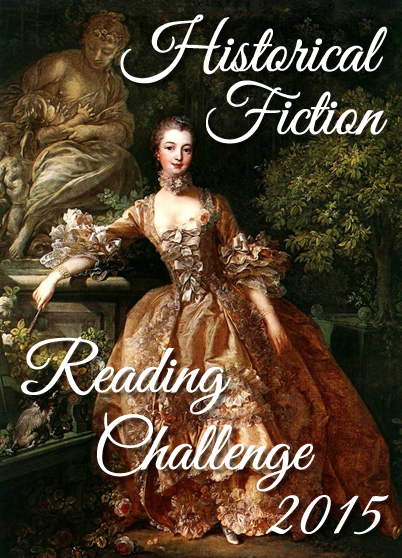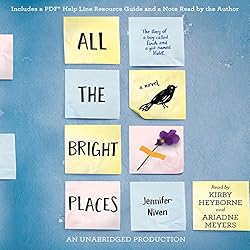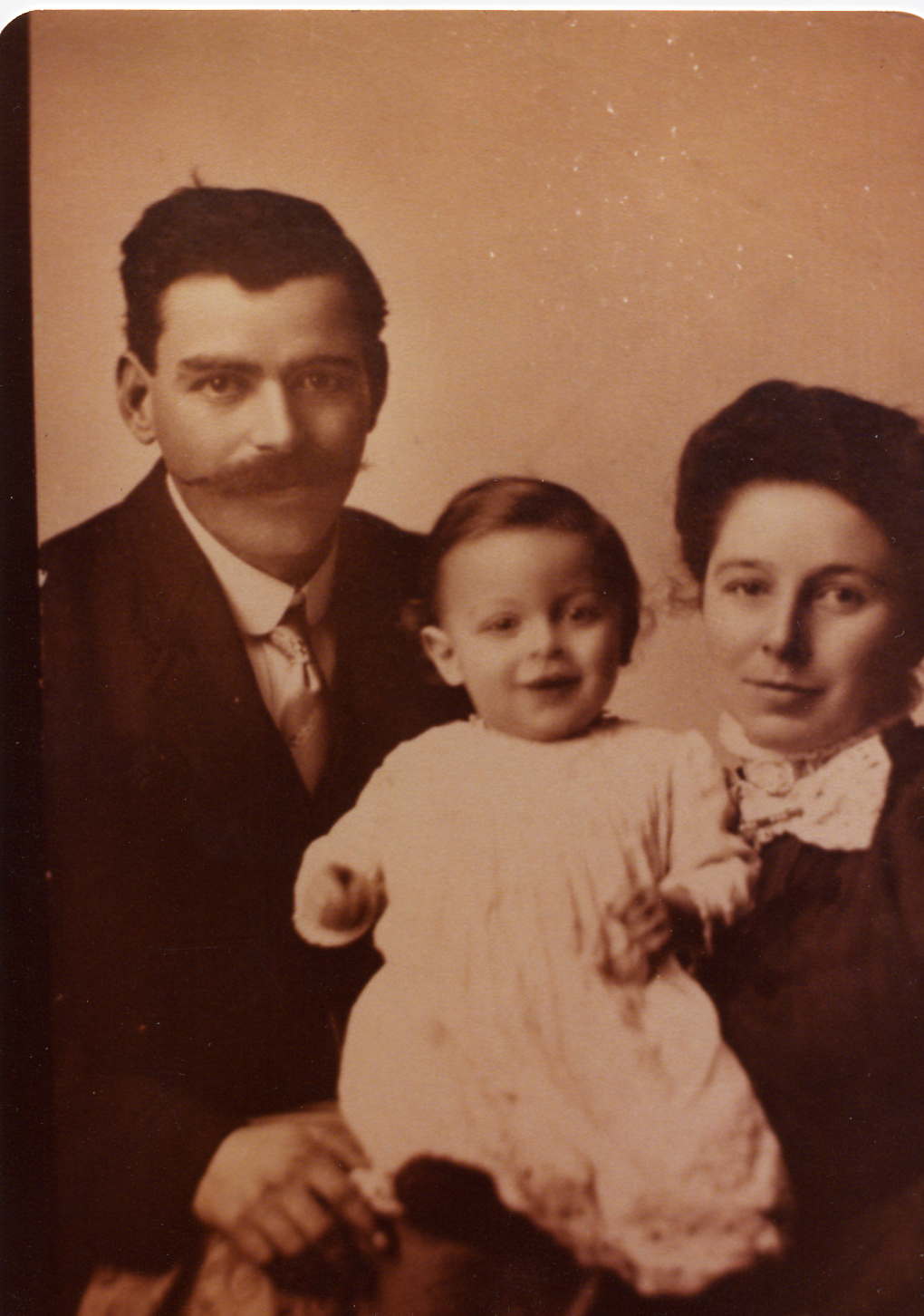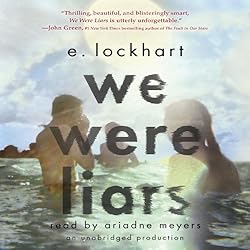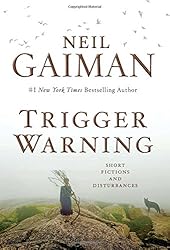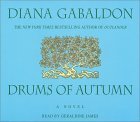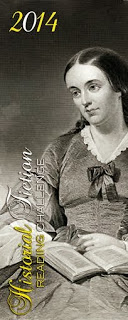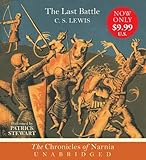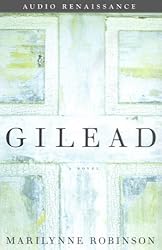 Marilynne Robinson’s novel Gilead won the Pulitzer Prize in 2005. It is the story of a dying preacher, John Ames, who worries about leaving his young wife and son with no money (and in his son’s case, few memories of his father). The novel is written in the form of a letter from Rev. Ames to his son as a means for his son to understand and get to know his father.
Marilynne Robinson’s novel Gilead won the Pulitzer Prize in 2005. It is the story of a dying preacher, John Ames, who worries about leaving his young wife and son with no money (and in his son’s case, few memories of his father). The novel is written in the form of a letter from Rev. Ames to his son as a means for his son to understand and get to know his father.
At the outset, such a setup seems like it would be a depressing novel, but the result is actually more uplifting. Ames may be a minister well-versed in the gospel, but he is not holier-than-thou—in fact, he’s quite reflective about the ways in which he falls short, and he’s a rather open-minded philosopher. More than anything else, this book winds up being a sort of philosophical memoir. Ames recalls memories of his father and grandfather, both of whom were also ministers and who often clashed with each other. His grandfather was a abolitionist who was connected with John Brown in Kansas.
Obviously this book is well-regarded, and it has received a lot of praise. Though I did like it, I can’t really say I loved it, but I think part of the problem might be that I listened to it instead of read a print version. I think this book needs a slower digestion that is possible with print. Though the narrator, Tim Jerome, did a wonderful job telling the story, I think I missed some things as I listened to it. I can tell it’s well-written and spare in its elegance, but the story didn’t do as much for me as I wanted it to. I thought the prodigal son Jack Boughton was the most interesting character, and the way Ames wrestled with his conscience over Jack Boughton was the most memorable part of the book for me. In the right hands, I think this book could be a wonderful book. I’m just not sure it was really written for me.
Rating: 




Audio Rating: 




